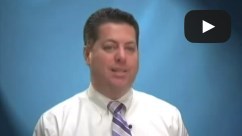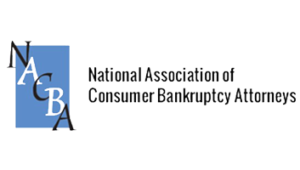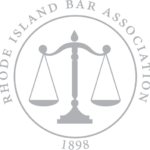Pros and Cons to Consider Before a Providence Bankruptcy Filing
When is a Providence bankruptcy filing the right choice for your debt problems? For each person, the answer is different. Some debtors are so overwhelmed with credit card debt, it affects their health. Others experience strained family relationships, or difficulty concentrating at the workplace. They feel as though they were treading water in the middle […]
RI Bankruptcy Law: Median Income Figures Change Again
RI Bankruptcy filers will find it slightly more challenging to qualify for Chapter 7 bankruptcy relief with the newly released median income figures.
Rhode Island Bankruptcy Debtors Catch a Break
Twice a year, the US Census Bureau and the IRS provide data used by bankruptcy lawyers to determine who qualifies for debt relief. On May, 1, 2012, the new income numbers became effective for all new bankruptcy case filings. The good news is that median income figures rose for all household sizes in Rhode Island. Below […]
Top 7 Reasons To File Chapter 7 vs Chapter 13
Here are the 7 most common reasons to file a Chapter 7 bankruptcy instead of a Chapter 13 bankruptcy.
A Unique Opportunity: Second Mortgages in Chapter 13
A Chapter 13 bankruptcy may allow you to strip off an unsecured second mortgage on your home. Consult a qualified bankruptcy lawyer to discuss this option.
How To File a Chapter 7 Bankruptcy Petition

Chapter 7 bankruptcy timeline helps explain how a typical bankruptcy works.
The Truth About the Mortgage Modification Process
Mortgage modification works for a small minority, while the majority of homeowner’s who apply under HAMP end up being disappointed. The larger question is whether it makes sense to keep a house that consumes too much of your disposable income. For many, surrendering the house and discharging the debt in bankruptcy is an option worth considering.
RI Bankruptcy Advice: Tell the Truth
Your Duties to Disclose During Bankruptcy A successful Chapter 7 bankruptcy requires honesty in order to work. When filing for bankruptcy in Rhode Island (or any state for that matter), honesty is not just necessary: it is mandatory. Anyone filing for bankruptcy should know that they are expected—required, rather—to act in good faith and be completely […]
Get Bankruptcy Advice Even If You Have No Intention To File
Getting timely bankruptcy advice is helpful even if you have no intention to file for bankruptcy relief. If you are dealing with more than $ 10,000 in unsecured debt and want to know all of your options, a respected bankruptcy attorney should be the first financial adviser to call.




